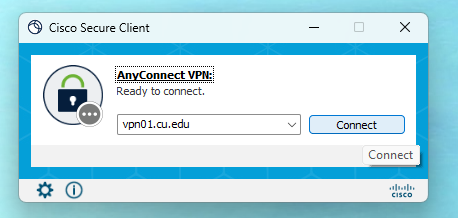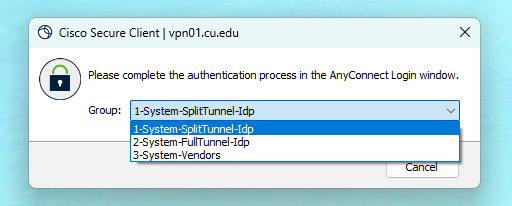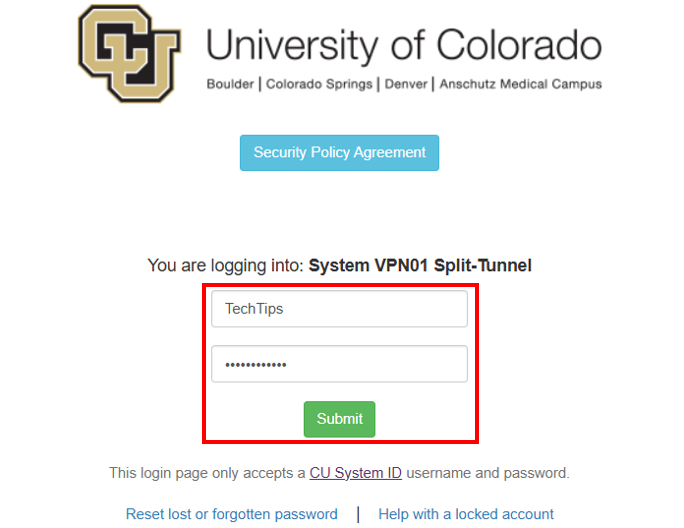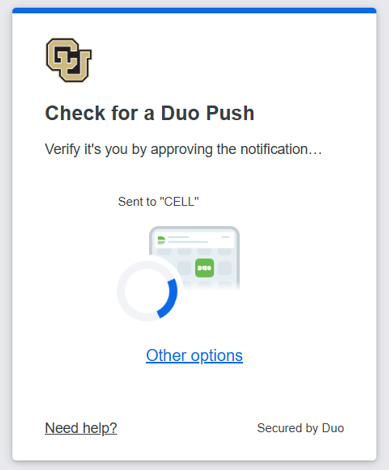CU Alert: (Investigating) A planned change is scheduled this evening between 6:00-7:00 PM that may cause brief, temporary disruptions for users accessing UIS services across all campuses - closing and reopening your browser should resolve any issues. We will provide updates as more information becomes available.
Service Status: Amber










Add new comment